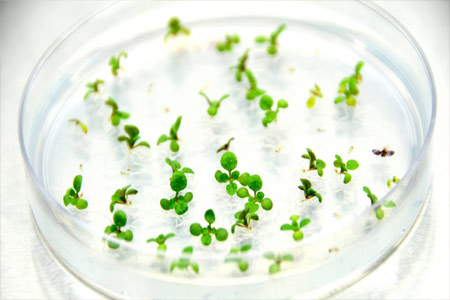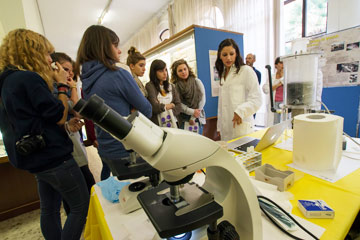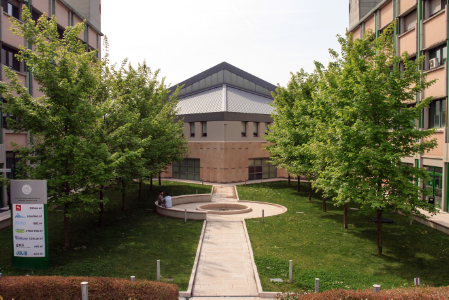In adult organisms, multiple tissues are continuously regenerated from resident stem cells, which are defined as cells that give rise to tissue progeny while renewing themselves through division. The intestinal epithelium is a typical example of highly regenerative tissue as it renews itself every 4-5 days and represents the fastest proliferating tissue in adult mammals. Although intestinal villi constantly shed differentiated cells into the gut lumen, stem cells residing at the bottom of intestinal crypts efficiently replenish this tissue loss.
A variety of signaling pathways and molecular networks tightly controls the number of adult stem cells to maintain a suitably sized cell population for tissue homeostasis in steady state conditions or for regeneration following tissue damage. In this regard, increasing evidence pointed out the critical role of the interplay between ROS metabolism and energy metabolic pathways to finely regulate stem cell identity and control the switch from pluripotency to differentiation.
The overall objective of this research proposal is to study the molecular mechanisms underlying the homeostasis of intestinal stem cells with a particular focus on the role of ubiquitylation, a versatile post-translational modification that triggers a multitude of regulatory signaling events.







